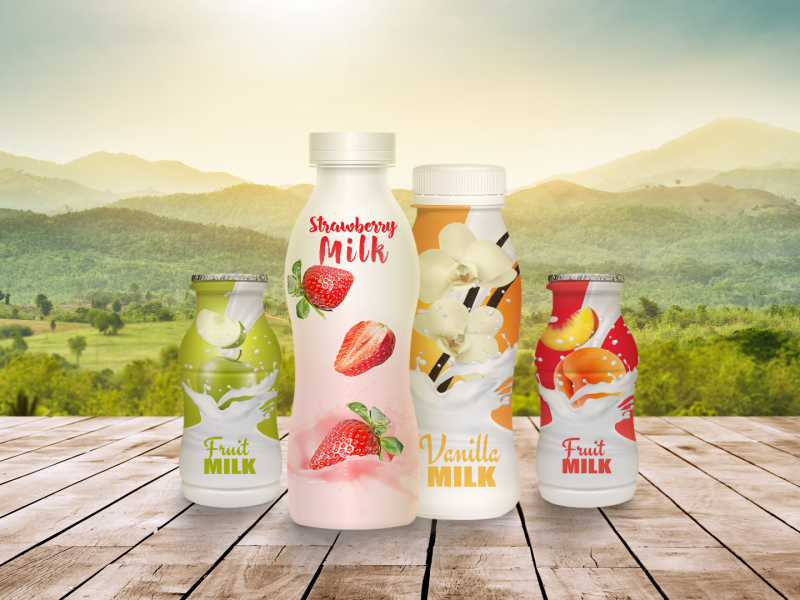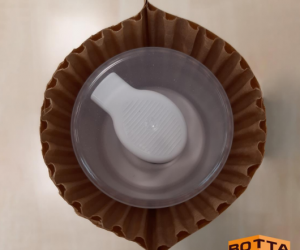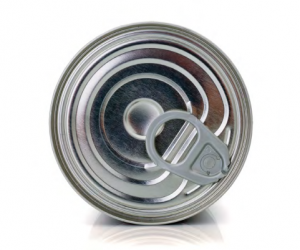

SELENIS AWARDED FOR THEIR SUSTAINABLE SOLUTION FOR THE HEAT SHRINK SLEEVE MARKET BY APEE (ASSOCIAÇÃO PORTUGUESA DE ÉTICA EMPRESARIAL)
Selenis´ achievement in developing a recyclable solution for the PETG heat shrink sleeve market has been recognized by APPE (Associação Portuguesa de Ética Empresarial) for their Eco Sleeve product, and the Portuguese-based group has been awarded for their efforts towards SDG 12 and the Circular Economy.
APEE was founded with the objective of promoting the development of ethics in organizations, with full integration in their management practices and, consequently, in their environment. APEE believes that the combination of ethics and social responsibility in the management system favors the sustainability of businesses.
APEE and the United Nations Global Compact Network Portugal have jointly launched the 15th Edition of Social Responsibility Week, addressing how Portugal can take the next ten years as an opportunity to build a more sustainable future from an economic, social and environmental perspective and settling “2020-2030 as the decade of sustainability”.
Several partners, public-private institutions, and companies have actively contributed to a week of in-depth reflection on sustainability, within the scope of the United Nations Agenda 2030. Themes such as Sustainable Finance, Smart Cities, Sustainable Consumption and Production, Decarbonization among others, have been highlighted. During this week, the association aimed to distinguish organizations from the public and private sectors, with and without profit, for their practices on Social Responsibility and Sustainability.
SELENIS’ ECO SLEEVE PRODUCT
Nowadays the PETG shrinkable films used in labels for bottles and jars can’t be recycled in PET stream together with the rest of PET packages classified with the recycling code #1.
PETG is completely amorphous due to its chemical composition, characterized only with glass transition temperature (Tg) and without the ability to crystallize. Therefore, when mixed with PET flakes at temperatures above its Tg, they will stick together forming hard clumps and decreasing the rPET yield.
The objective of Selenis’ project is to produce a special PET shrinkable film that doesn’t cause a sticking issue in the final product during the recycling process and can therefore be recycled in the same stream as other PET packages.
PLAYING SEVERAL POSITIVE IMPACTS
This product intends to offer a recyclable solution for heat shrink sleeves that is practically unique in the market; hence it will be well received and have a long life, eventually contributing to a closed loop economy that brings several positive impacts.
Life cycle studies prove the following environmental benefits of recycling: the total energy required to produce rPET resin is at least 75% lower than the total energy demand for virgin PET (which includes raw material feedstock energy). The process and transport energy required to produce rPET is 40% lower than that of virgin PET resin. Replacing use of virgin PET with rPET reduces greenhouse gas emissions by almost 60%.
Selenis’ Eco sleeve product line is a solution developed under their Circular Economy pledge. Selenis is aware that the fulfilment of their ESG responsibilities is essential to maintain a positive impact and they work towards complying with a sustainability roadmap. In this regard, they develop objectives, programs, and actions to drive sustainable development throughout their sustainability model, based on 5 pillars: Governance, Circular Economy, Innovation, Environment and People.
For more information go to www.selenis.com





